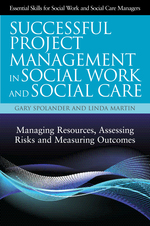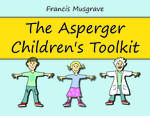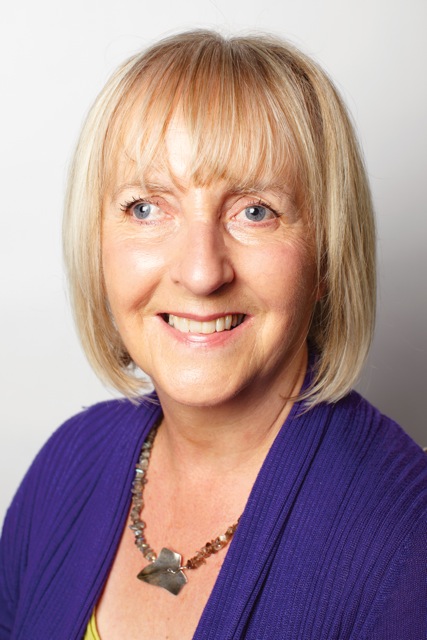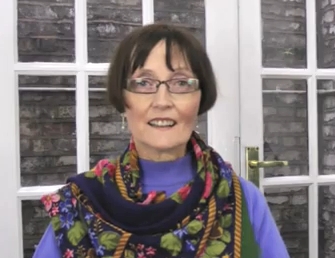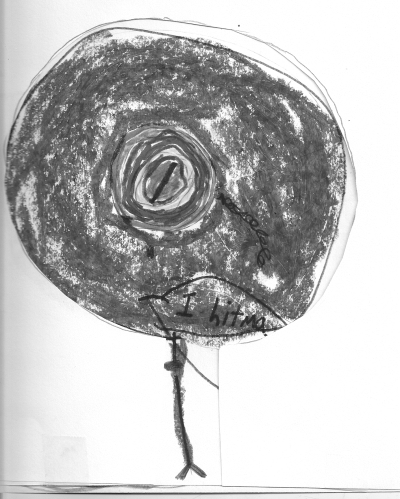Helping young people reflect on the social consequences of drinking – An interview with Vanessa Rogers
“Our alcohol fuelled world must impact on children and young people who look to us to see what being a grown up is all about. Unlike other drugs, alcohol is socially acceptable and almost expected in some instances. It is actually quite hard to be teetotal and socialise in pubs without attracting attention and unwanted questions about why you are refraining.”

